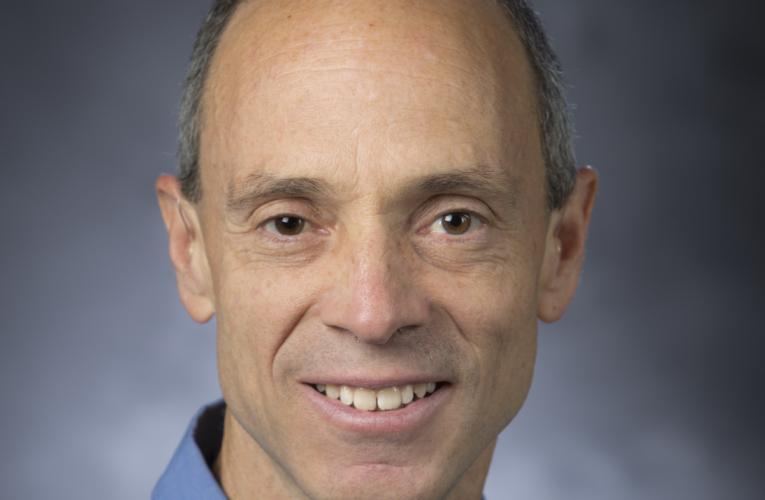Tim Lucas
(919) 613-8084
tdlucas@duke.edu
DURHAM, N.C. – We could avoid about 4.5 million premature deaths, 3.5 million hospitalizations and emergency room visits, and 300 million lost workdays in the United States over the next 50 years by cutting fossil fuel emissions to a point that Earth’s atmosphere doesn’t warm more than 2°C, a renowned Duke University climate scientist told Congress today.
The science is sound, the numbers add up and the technology exists to achieve this goal, Drew Shindell, Nicholas Distinguished Professor of Earth Science, told members of the U.S. House Committee on Oversight and Reform.
All that’s missing is the political leadership.
In his testimony before the committee, Shindell presented new research data showing that taking action sooner than later to cut emissions – which contribute to air pollution as well as climate change – will yield larger and more immediate benefits than policymakers and scientists previously thought.
“The avoided deaths are valued at more than $37 trillion. The avoided health care spending due to reduced hospitalizations and emergency room visits exceeds $37 billion, and the increased labor productivity is valued at more than $75 billion. On average, this amounts to over $700 billion per year in benefits to the U.S. from improved health and labor alone,” Shindell told the committee.
These large impacts reflect scientists’ updated understanding of the severe toxicity of air pollution, he explained.
“Although it does not appear on death certificates, air pollution is indirectly responsible for a substantial fraction of heart diseases, including strokes, and respiratory diseases including lung cancer and chronic obstructive pulmonary disease,” Shindell said.
“If the world were on a 2ºC trajectory, 40% of the deaths in the United States attributable to air pollution could be eliminated by 2030 (…) and roughly 1.4 million lives could be saved by 2040,” he testified. “As we’ve seen with the coronavirus lockdowns in many places, air pollution responds immediately to emissions reductions. Our work shows that action now means benefits now.”
His testimony also included an overview of the technological feasibility and economic benefits of reducing our dependence on fossil fuels through solar and wind power, increased energy efficiency, electric vehicles, mass transit and reduced consumption of cattle-based foods.
Shindell was one of five experts invited to testify at the oversight committee’s hearing today on “The Devastating Health Impacts of Climate Change.” This is the sixth time since 2004 he has testified before Congress on climate issues. He presented today’s testimony remotely due to Covid-19 safety precautions.
A prolific and widely cited researcher, Shindell was coordinating lead author of the 2018 Intergovernmental Panel on Climate Change (IPCC) Special Report on Global Warming of 1.5ºC and the 2013 IPCC Fifth Assessment Report on climate change. He has published more than 250 peer-reviewed scientific papers and chairs the scientific advisory panel of the international Climate and Clean Air Coalition.
In recognition of his contributions to climate science, he has received awards from NASA, the National Science Foundation and the U.S. Environmental Protection Agency and been elected a Fellow of the American Association for the Advancement of Science and the American Geophysical Union.
Thousands of scientific studies have shown that keeping the global temperature rise below the 2ºC threshold – the level agreed to by nearly 200 nations under the 2016 Paris Climate Agreement, which the U.S. has since withdrawn from – is essential to avoid many of climate change’s worst consequences. These consequences will vary from region to region, but would likely include worsening heat waves, increased droughts, crop failures, stronger storms, large rises in sea level, severe flooding, more destructive wildfires and water shortages.
###
